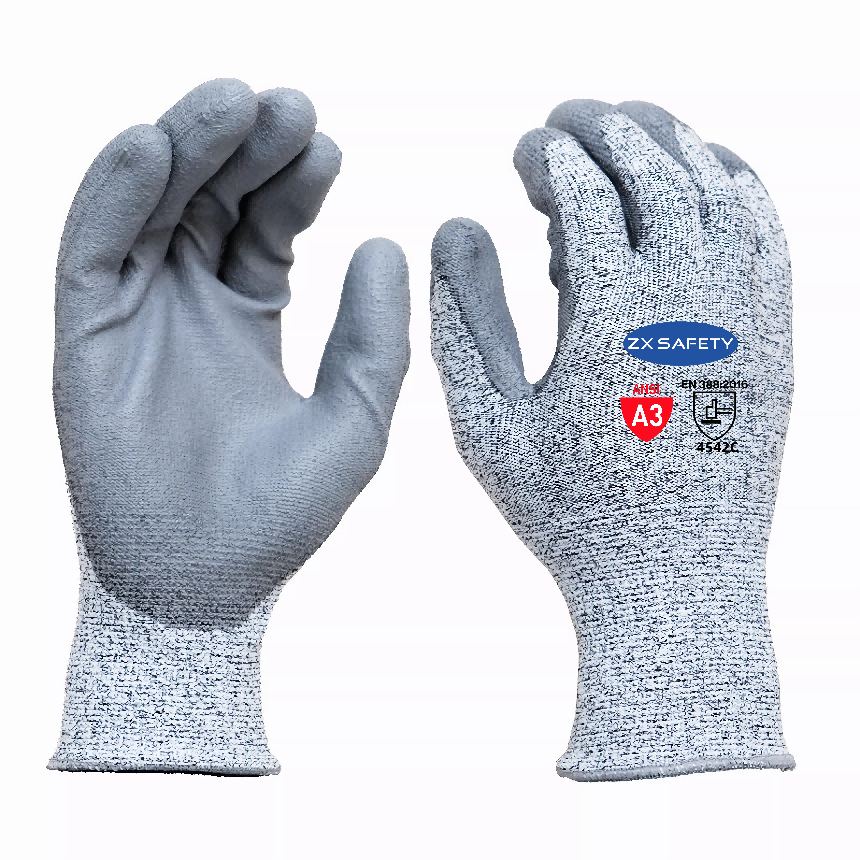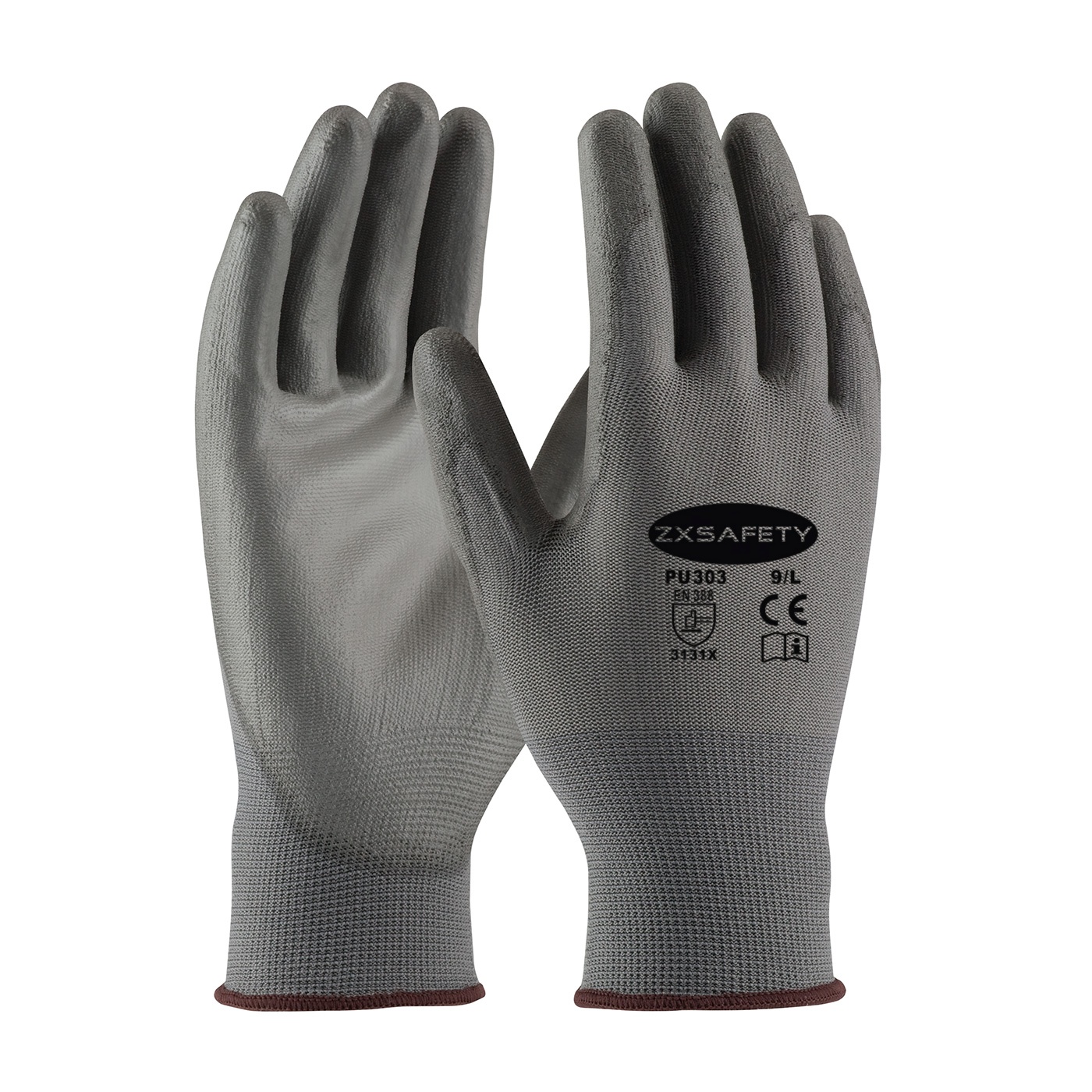
-
Risk Assessment: Start by assessing the specific risks and hazards likely to be encountered in the job, including minor scrapes or cuts that could lead to infections requiring medical intervention.
-
Size and Fit: Gloves that are too small may tear, while those that are too large can affect dexterity.
-
Trade-off Between Protection and Dexterity: Sometimes a trade-off between these two factors is inevitable, and you need to determine how to prioritize them.
-
Protection Levels: Ensure that the gloves provide the required level of protection for the task.
-
Wear and Tear: Regularly inspect gloves for signs of physical damage, such as tears, discoloration, or swelling.
-
Expiration: Never use a safety glove past its expiration date.
-
Material and Thickness Selection: Different glove materials and thicknesses offer varying degrees of protection, flexibility, or comfort. For example, coated gloves provide resistance to cuts and punctures, while leather gloves offer a good grip and resistance to abrasion.
-
Specialty Gloves: Choose specific types of gloves based on the nature of the work, such as cut-resistant gloves, heat-resistant gloves, welding gloves, and chemical-resistant gloves.
-
Chemical Protection: If working with chemicals, select glove materials that can resist specific chemicals, such as nitrile, butyl rubber, or neoprene.
-
ANSI/ISEA Rating: Check the ANSI/ISEA rating of the gloves to understand their protection capabilities against certain contaminants and exposures.
-
Temperature Considerations: Choose the appropriate heat-resistant or cold-resistant gloves based on the temperature of the work environment. Heat-resistant gloves should be able to withstand temperatures up to 2000 degrees Fahrenheit, while cold-resistant gloves should have the right insulation to reduce the risk of frostbite.
Safety Gloves for Heavy Tool Machinery
Some companies often find that workers are exposed to serious impact threats, especially from heavy machinery. Over the past few years, impact-resistant gloves have greatly reduced instances such as back-of-hand ruptures in the oil and gas industry.For high-frequency vibration operations, gloves are built with specialized shock-absorbing materials that effectively absorb and disperse vibrations, significantly reducing the transfer of vibrations from the operating tool to the hand, and the palm and fingertip areas are often made of non-slip materials or textured designs to provide a better grip.

MC2310
Light Industrial Safety Gloves
Light industrial safety gloves combine comfort, dexterity and basic protection in a lightweight design that reduces the burden of prolonged wear and provides good comfort. They are suitable for relatively low-risk work environments such as electronics assembly, food processing, packaging, warehousing, and light machine operation.



